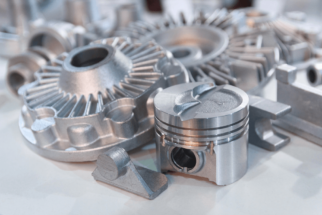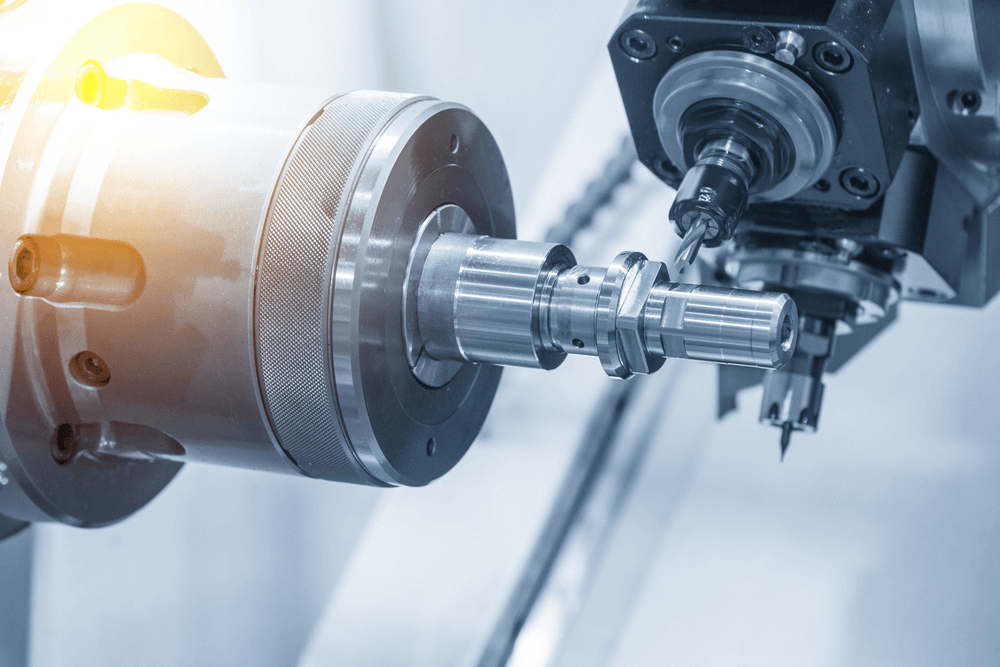
4 things you didn’t know about metal fabrication
Metal fabrication is just the process of making a metal part. Right? Well, yes; at the most basic level, this is true. But it’s a little more complicated than that.
Lots of people assume it’s a relatively straightforward process, especially since the introduction of advanced technology and equipment, such as CNC (computer numerical control) machines, lasers and 3D printing. However, it’s fair to say, craftsmanship is still at the heart of what we do.
Here we explore some of the things you may not realise about metal fabrication – and why choosing a skilled fabricator could be the difference between a good part and one that falls short of the mark.
1. Metal fabrication is often a multi-step process
The desired metal product is usually quite complex. Therefore, to get it right requires careful planning and the execution of multiple specialist metal fabrication techniques. This could include a combination of cutting, casting, drawing, forging, extrusion, stamping, machining and more.
The more complicated the product, the more steps required (and the longer it will take to produce).
2. A variety of equipment will be used
For any given metal fabrication project, a fabricator may need to use a table saw, lathe, press brake, grinder, welder and more. Each project is unique and different equipment will be required to do the job. Which is why, good fabrication shops are typically fitted with a diverse range of machinery.
Here at Special Metals, we have invested heavily in this area. We strive to keep all machining processes in house and, as a result, our range of state-of-the-art machinery now includes:
- Lathes (e.g. Harrison Alpha 550, Hyundai HIT 15 CNC lathes, Colchester Triumph 200)
- CNC Milling Machines (e.g. Bridgeport VMC 460/760, XYZ Turrock CNC Mill)
- Sheet metal equipment – including a break press, chopsaw, bandsaw, bead bending machine, IMAC Notcher, rollers, spot welders and guillotines.

3. Choosing the right material is essential
To the untrained eye, all metals appear to be the same – but this is far from the truth. Each one has its own unique properties (e.g. in terms of its strength, resistance, weldability etc.). And these properties will determine how it can be fabricated and the parts it can be used to make.
As a metal fabricator, it’s our job to know which techniques and raw materials will work best for your specific project. This is our area of expertise. And if we believe that your design will not work with the requested material, this will be made clear and an alternative will be suggested.
4. It often involves secondary processes
Primary fabrication processes (such as cutting, machining etc.) are used to create the metal part.
But a number of secondary processes may also be required to fully complete the job. These processes can include deburring, sandblasting, aqua and bead blasting, plating etc. It’s all about adding the last touches and ensuring the product is finished to the highest possible standard.
Contact our metal fabrication experts today

If you would like to find out more about metal fabrication and the services we offer – here at Special Metals – please feel free to get in touch. Having worked in this industry for many years’, we’re highly skilled metal fabricators and boast unrivalled knowledge of the full metal fabrication process. To us, it’s second nature, and we’re always happy to help and advise on the best options for your project.
To discuss a metal part with a member of the team, you’re welcome to give us a call on +86-755-29936699 at any time. Or alternatively, you could send an email to inquiry.mp@professionalmanufacturing.com, and we’ll respond to your enquiry as soon as possible.

Leave a response
Your email address will not be published. Please enter your name, email and a comment.